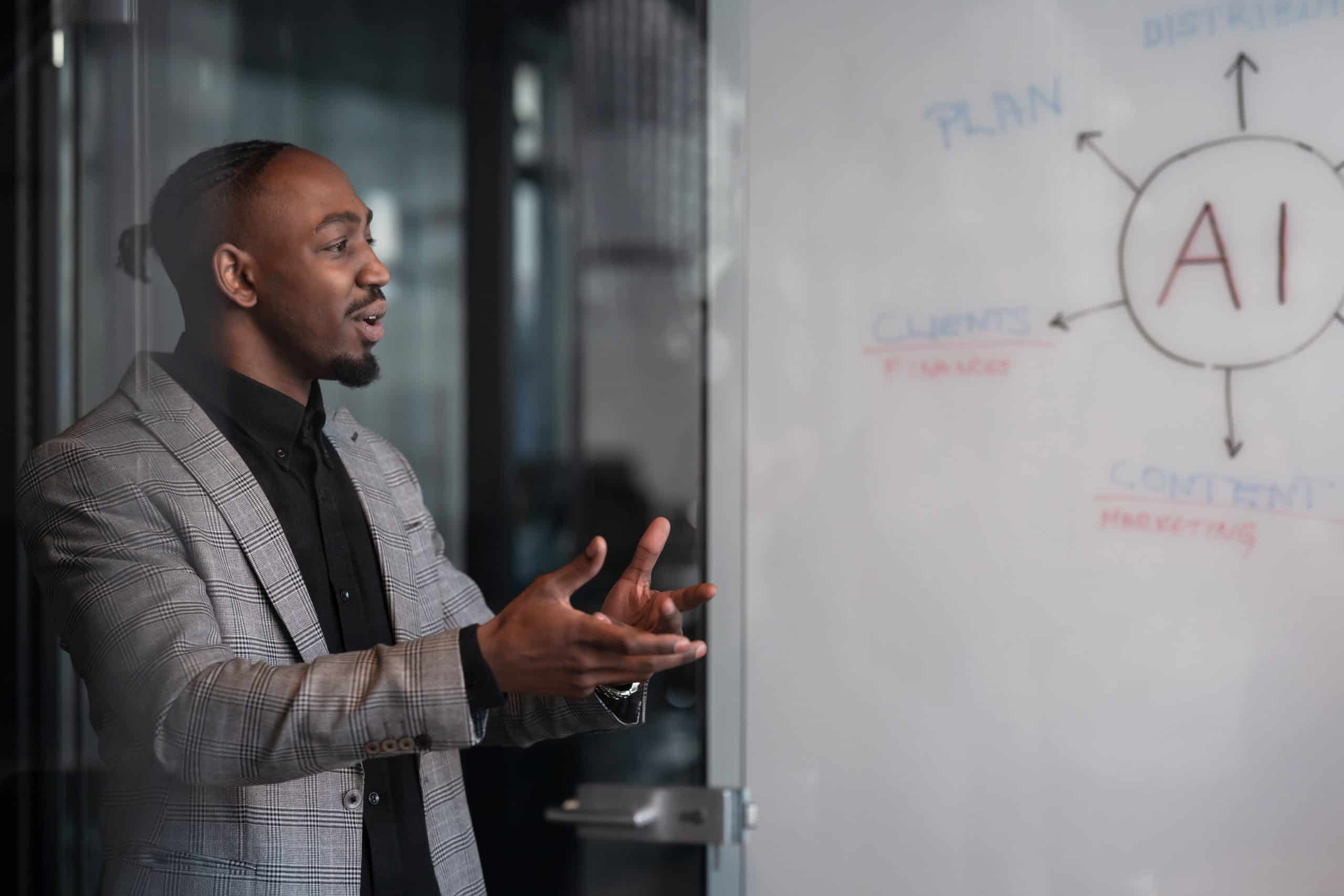Socially awkward means: that we have trouble communicating with others, especially in a social setting. Large groups of people or social gatherings become almost impossible for us to handle, and as a result, it can limit our life experiences.
In their article, People Skills Decoded states that socially awkward persons possess distinctive traits. They further note that the more of these traits you have and the larger their degree, the higher on the social awkwardness scale you’re likely to be.
Here is the list of traits, from their article:
- Feeling nervous in social settings.
- Not understanding social norms.
- Often having a different impact than intended.
- The lack of conversation flow.
- Frequently being avoided or ridiculed by others.
- The lack of meaningful connections with others.
I asked a software development colleague if he would agree that technically skilled individuals like him are socially awkward and why he thinks that stigma exists. He told me that he would agree as he is an introvert and that, like him, most technically skilled people are introverted and thus drawn to this career. I asked him why he thinks he is socially awkward, and he advised it was because he is more inclined to stay home and play games than to go out and socialise, making him appear weird / socially awkward. He also advised that he is not good at small talk.
This got me thinking and reflecting on all the technically skilled individuals I have worked with. These people range between introverted and extroverted. However, while reflecting on this and comparing the experiences with these individuals and the traits above, I realised that for me at least, I could not easily associate them to a high degree with these traits. Instead, in my reflections, I surmised that what was “awkward” or contributed to “social awkwardness” to some degree was interests (or rather engaging with people that don’t share these interests) and secondly, exposure.
Let me explain myself: In all my interactions and observations, these skilled individuals tended to migrate towards others who shared similar interests, which honestly seems less socially awkward to me. Isn’t that what we all do?
Secondly, what I mean about exposure is that our traditional way of thinking is that we should have these skilled individuals be left alone to work whilst the more “front-facing” or businesspeople do the talking and thereafter relay the discussions back to them.
Thus, in this way, these technically skilled individuals have had less exposure in terms of business talk and meeting forums which results in them being “clumsy” in their interactions when they are then added to these sessions as they do not have regular exposure to the format and engagement expectations of these sessions.
Then lastly, this whole topic makes me think about the Big Bang Theory series, and I envision these technically skilled individuals being presented with engaging with all of us “Penny’s” and how it is difficult for them to water down what they are talking about to help us keep up and be able to participate. But this also shows that a “social / working circle” needs diversity and inclusivity, and we all contribute and enable each other to learn and grow together.








